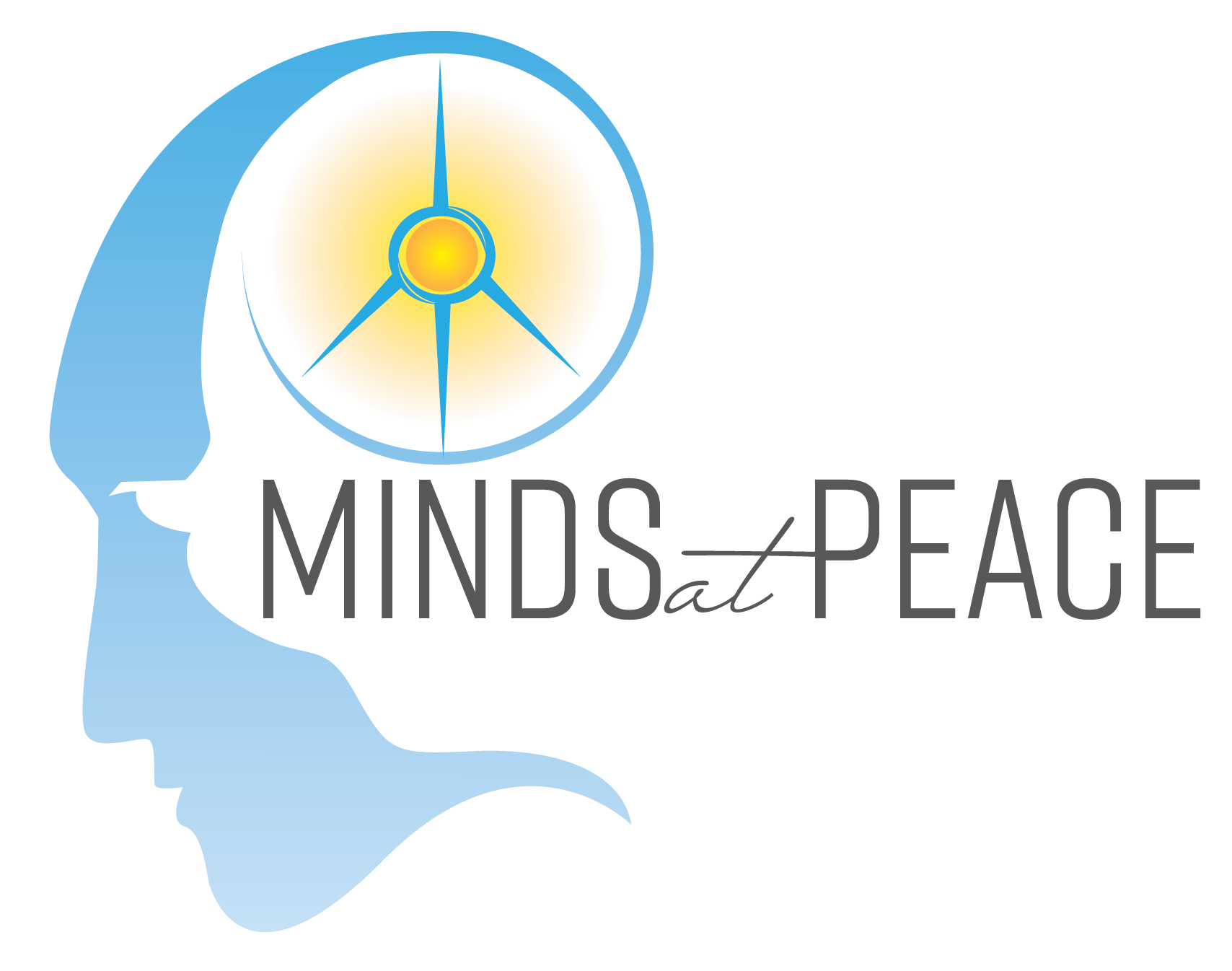He’s in rehab. Now what?
For many family members in addiction the Holy Grail is rehab.
I’ve seen countless posts from family members filled with gratitude— their prayers have finally been answered. Rehab!
But what really happens in rehab? What’s the role of family members now?
Residential Treatment
When people refer to rehab they usually mean residential or inpatient treatment. Most inpatient programs are 30 days. Is this because rigorous scientific studies have shown that 30 days of inpatient treatment is the optimal time for success? Hardly. It’s simply what insurance companies are willing to pay. Success takes much longer.
It takes a lot longer than 30 days for the brain to heal and new skills and habits to develop. Most rehabs offer a mixture of group therapy, psychoeducational classes and individual counseling. It’s important to recognize that all programs are not created equal and the greatest impact comes from the quality of the counselors, the support staff and the curriculum. And when it comes to counselors the most important factor for success is not technique but the ability to develop a therapeutic relationship. That relationship provides a safe space to become vulnerable and discuss the emotional pain that is so deeply ingrained in alcohol and drug abuse.
A few questions to consider:
Does the program offer a holistic approach to treatment? Do they include a mind-body approach or are they strictly 12 step based?
What qualifications do the counselors have? Do they have Master’s Degree and how many years of experience in the field?
How do they manage a relapse?
In what way do they engage the family? Is engagement based on the Invitation to Change and CRAFT approach, or Al-Anon?
What is the follow up after the residential period?
Relationships in Addiction: The Problem and The Solution
Unhealthy relationships early in life are often the catalyst for the brain to develop an addictive response to alcohol or drug use. By no means does this mean we are to blame anyone, but it does mean we need to understand what the developing brain was exposed to growing up.
Then it’s healthy relationships that help the brain heal. Those healthy relationships can come from a counselor/therapist and members of a support group, but they also come from family members. In fact being able to share feelings to family members, in a way that your loved one knows he/she won’t be judged, might be the most important aspect of healing relationships, and recovery.
It’s His Problem Let Him Figure it Out!
Hey I get it. You’ve been through a lot. Lying, stealing, lying, hiding and then of course, lying. Simply acknowledging that you’ve been through all this makes it crystal clear it’s not just about the person trapped in addiction. This is not a spectator sport, and just because your loved may be in a program receiving treatment does not mean your role is over. Far from it.
This is not the time to take your foot off the engagement gas. Instead take this time to actively learn the Invitation to Change approach. Practice these skills during phone calls and visits. If your mindset is “it’s his problem” I can almost guarantee it will become your problem again a lot sooner than you wish.
It doesn’t have to be that way. Getting your own counseling is acknowledging that this stuff is hard. You aren’t codependent. You are simply reacting normally to an abnormal situation. But helping your loved one work through crippling shame requires working through your own anger, frustration, disappointment and maybe guilt. A counselor trained in addiction can help.
When your loved one sees you actively involved in getting help to understand him, and take better care of yourself, it will encourage him to share his difficult feelings, his cravings and urges, his self-doubt, and the pain of stigma that lingers far beyond 30 days of rehab. It encourages—you guessed it— healthier relationships.
It encourages healing.
Ready? I’m happy to help with individual coaching. A coaching session or a free 15 minute consultation can be scheduled at mindsatpeace.net. Minds at Peace. Isn’t that what you want for your family?

